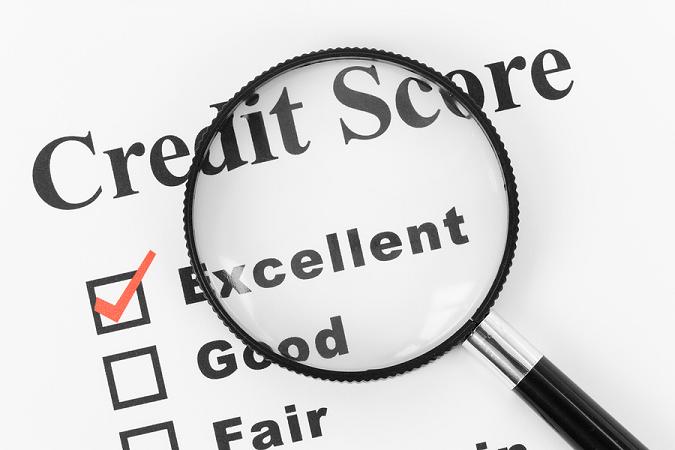 Everyone likely has looked at their credit score once or twice in the past year. This simple, three-digit number, is a valuable measurement of your financial reliability. Though you might not worry about it too much, your score could actually have a big financial impact on you. It might influence your ability to receive favorable interest and loans. It might also impact how much you pay for your car insurance.
Everyone likely has looked at their credit score once or twice in the past year. This simple, three-digit number, is a valuable measurement of your financial reliability. Though you might not worry about it too much, your score could actually have a big financial impact on you. It might influence your ability to receive favorable interest and loans. It might also impact how much you pay for your car insurance.
Credit scores are nothing to mess with. You should do whatever you can to keep your rating within a safe range. Make credit security a priority today.
What’s a Credit Score?
Your credit score measures your reliability to repay those to whom you owe debt. Those parties might be credit card companies, mortgage lenders, banks and other parties.
More or less, your score shows lenders whether you will pay them back reliably. Credit scores range from 300 to 850, with the average score in the U.S. falling around 680. Credit scores will fluctuate over time. Yet, responsible spenders should always work to keep their scores at or above the average.
Why do Credit Scores Drop?
Debt is a threat not only to the consumer, but also the lender. If creditors don’t receive repayment, they won’t be able to offer services. Therefore, customers who don’t repay debt often appear less reputable in the eyes of the creditor.
For example, if you neglect to pay your credit card bills, you’ll continue to accumulate debt. This accumulation means you will likely become less likely to repay the debt in full. This adds strain to both you and the creditor. Eventually, it might become a warning to other creditors that they cannot rely on you to pay bills. This might make it harder to get loans, receive favorable interest ratings and more. As a result, your credit score might drop.
How Does Credit Score Impact Car Insurance Rates
You know that your credit score might impact your ability to receive favorable loans. However, did you also know that it might impact your car insurance rates?
When you sign up for coverage, insurers will likely look at your credit score. They'll do this to make sure you have a reputation for keeping your bills paid. A poor score might signal that you will have to pay higher prices for your coverage. Let’s take a look at why this is true:
- Your insurance company expects you to make payments to keep your policy active. So, if you do not reliably pay, this represents a financial loss for your insurer. They therefore might have a right to up your premium costs, or even cancel your coverage.
- Insurers might also look at your credit score as a way to see how much you might rely on them for support. For example, if you have a lot of debt, you might not have the money to cover a lot of your own bills following a car accident. So, the likelihood of you filing large or frequent claims on your policy might increase.
In each of these cases, your insurer assumes a bigger financial risk by covering you. Therefore, they might raise your costs to cover the potential hole that might develop. While it might sound unfair, it’s the business’s way of protecting itself and its other customers.
Keeping Insurance Rates Affordable With a Low Credit Score
Even if you have a lower credit score, that doesn’t mean you should panic about your car insurance rates. There are ways to still find affordable policies.
Some insurers do not take credit scores into account when setting policy rates. If you feel your score might negatively impact your rates, ask your agent if you can work with a company that has this practice.
Remember, your insurer will likely use more factors than your credit score to set rates. These might include your driving record, previous claims information, age and more. So, in some cases, your credit score might prove minimal in determining your rates. Let your insurance agent be your guide in selecting the most effective insurer. If you can find better rates by letting your insurer disclose your credit score, you should allow it.
Nevertheless, your credit score should always remain a priority for improvement. There are steps that everyone can take to keep these ratings manageable. Simple steps include:
- Paying off all debt, such as credit card bills, on time.
- Never opening too many credit accounts at the same time. This might make some credit agencies suspicious.
- Carefully manage your credit spending. Rather than using credit for all purchases, use cash for some.
If you are facing credit problems, there are resources to help you improve your score. You can check your credit score using sources like Experian® or FreeCreditReport.com®. Furthermore, banks and other institutions frequently offer credit counseling and money management courses. With a little one-on-one attention, you can improve your financial outlook. Therefore, start today to keep your credit score in good shape.
Looking for auto insurance? Peachstate Insurance can help you get auto insurance that meets your unique needs. Call us at 877.997.2478 for more information.